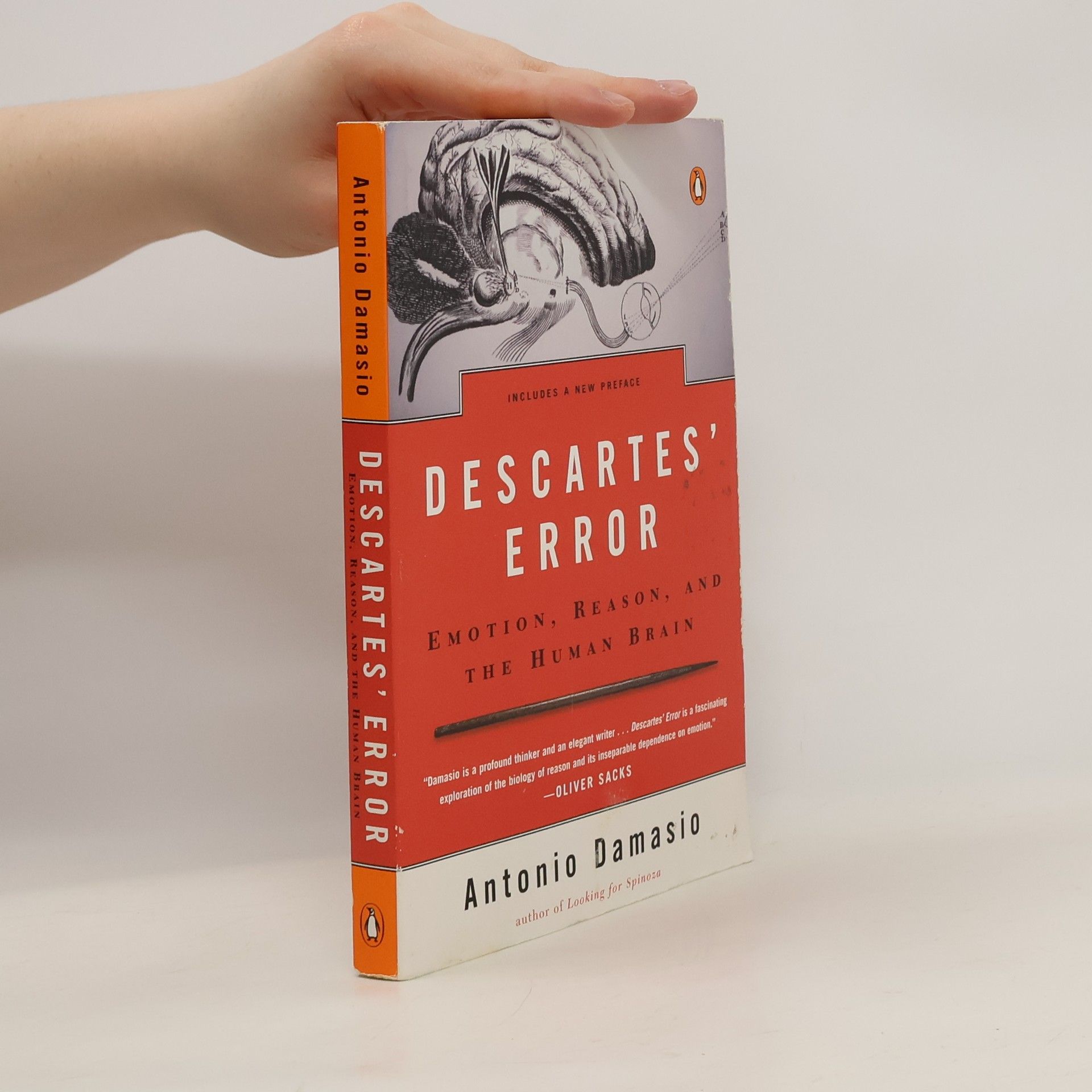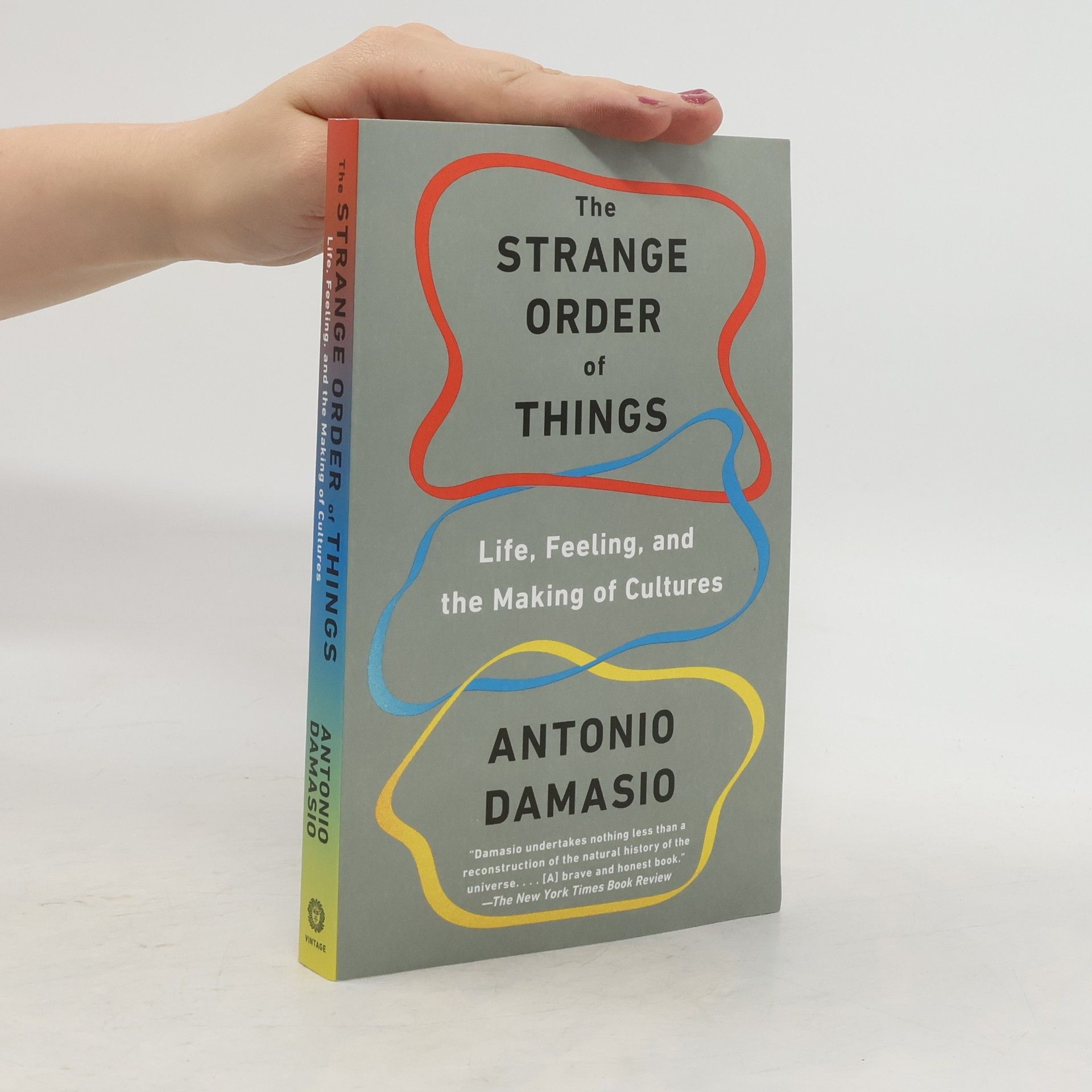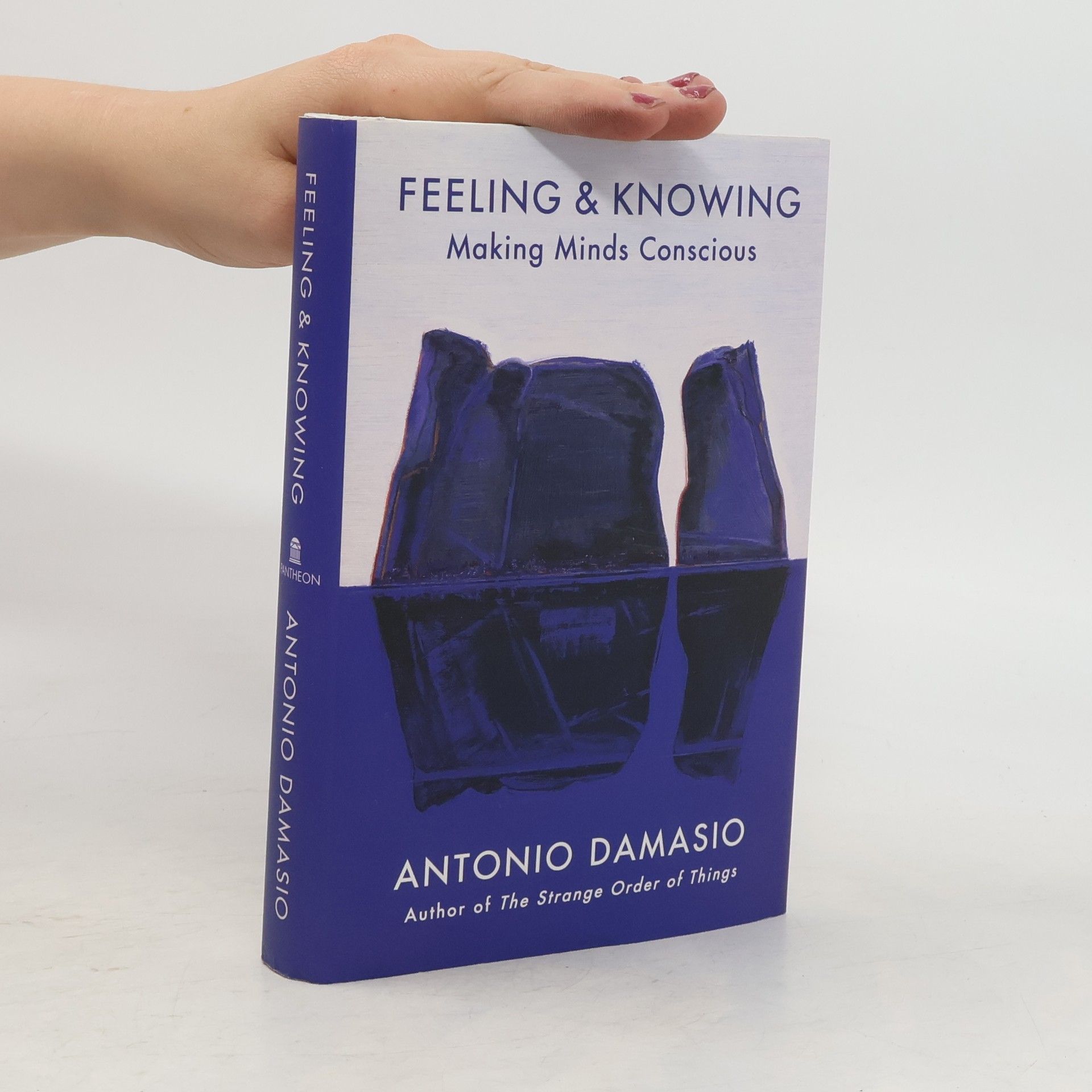Qu'est-ce qu'une émotion et qu'est-ce qu'un sentiment ? Quelle en est leur valeur pour l'être humain? La joie et la tristesse en particulier sont les clés de notre survie et de notre bien-être. Non seulement les processus qui les expliquent préservent la vie en nous, mais ce sont elles qui nous motivent et nous aident à produire nos créations les plus admirables. Descartes a instauré la grande coupure entre le corps et l'esprit; Spinoza les a réunis et a su voir dans les émotions le fondement même de la survie et de la culture humaines. D'où ce voyage afin de découvrir le génie visionnaire de l'Éthique. Car c'est Spinoza qui préfigure le mieux ce que doit être pour Antonio R. Damasio la neurobiologie moderne de l'émotion, du sentiment et du comportement social. Elle fournit les concepts et les perspectives nécessaires au progrès de notre connaissance de nous-mêmes
Antonio R. Damasio Livres

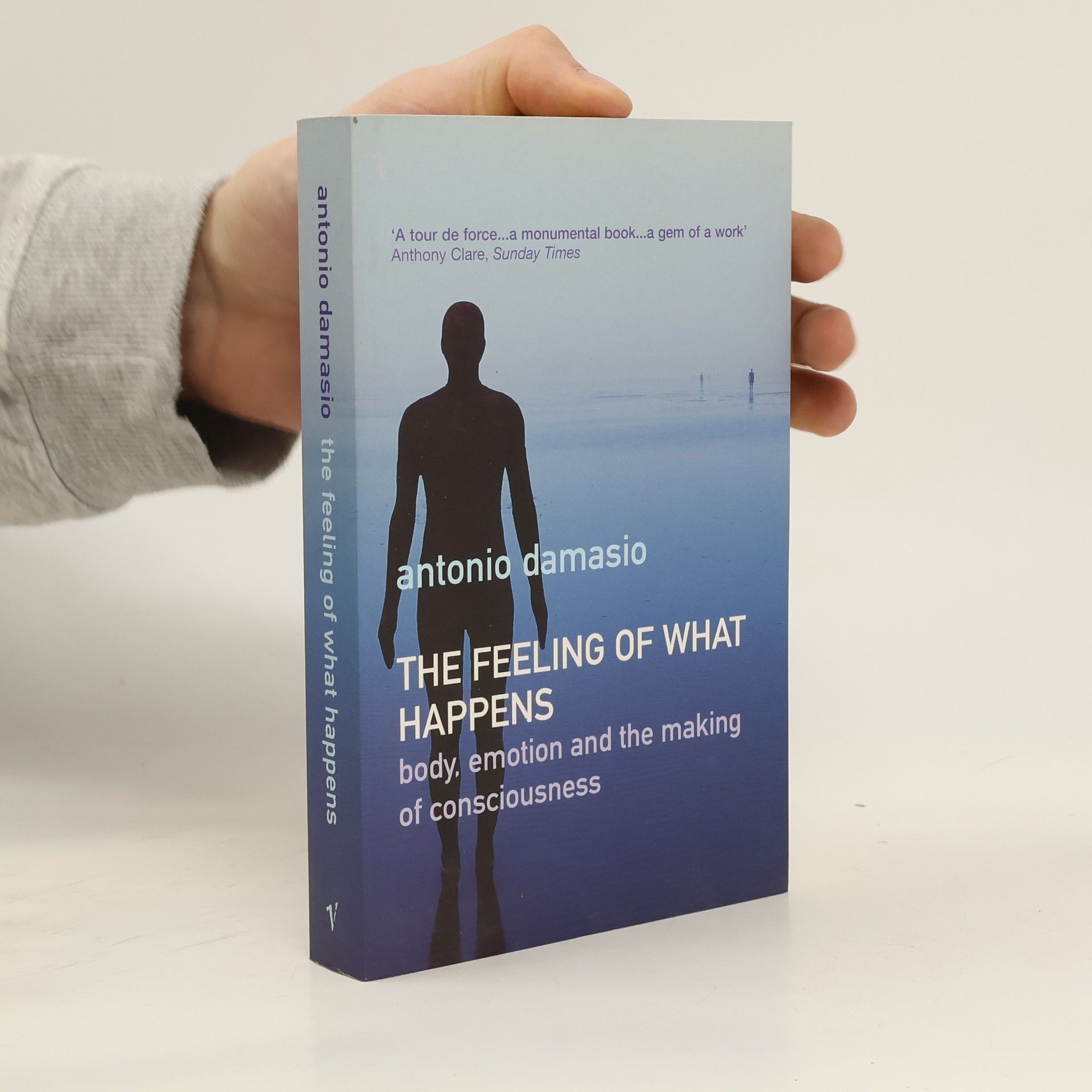
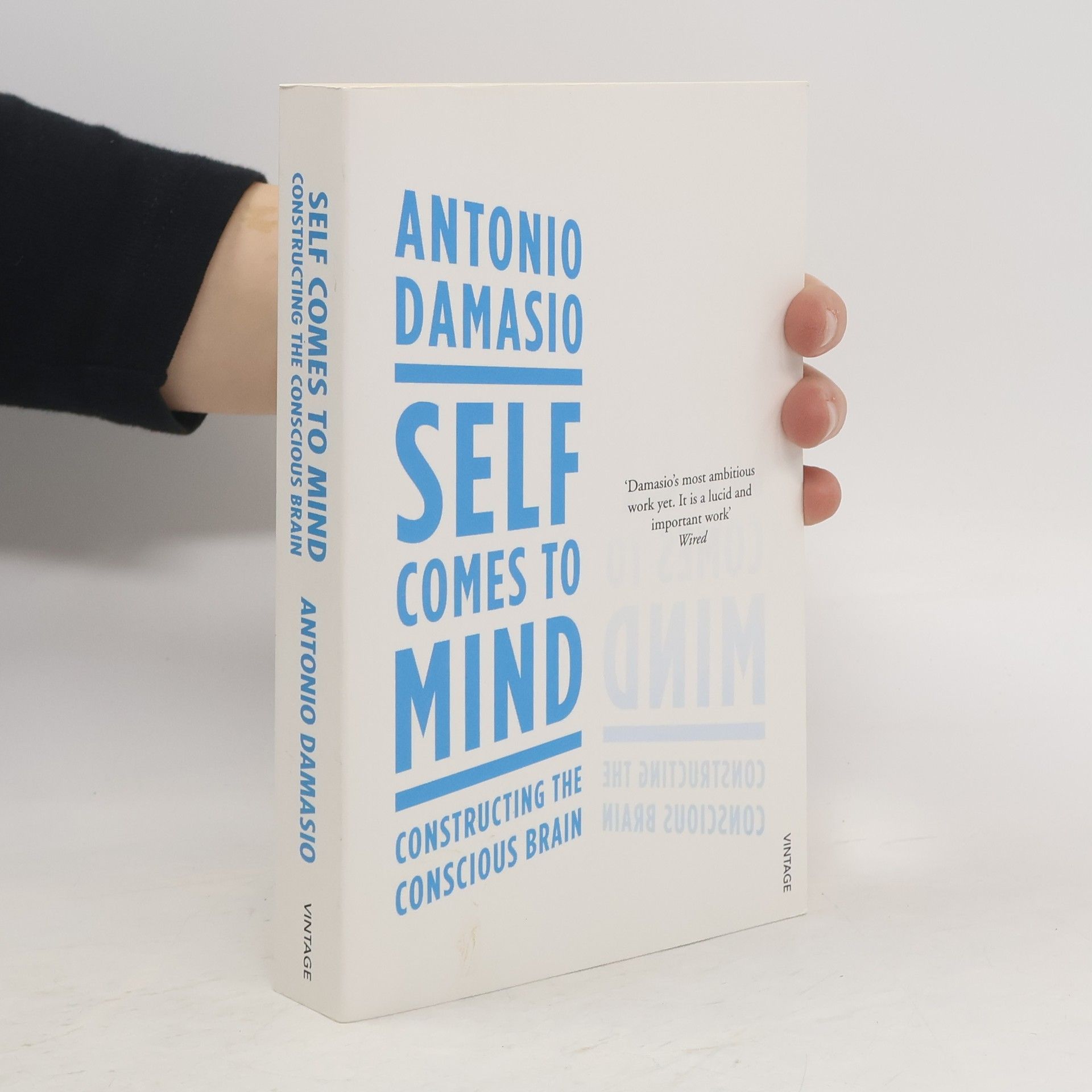



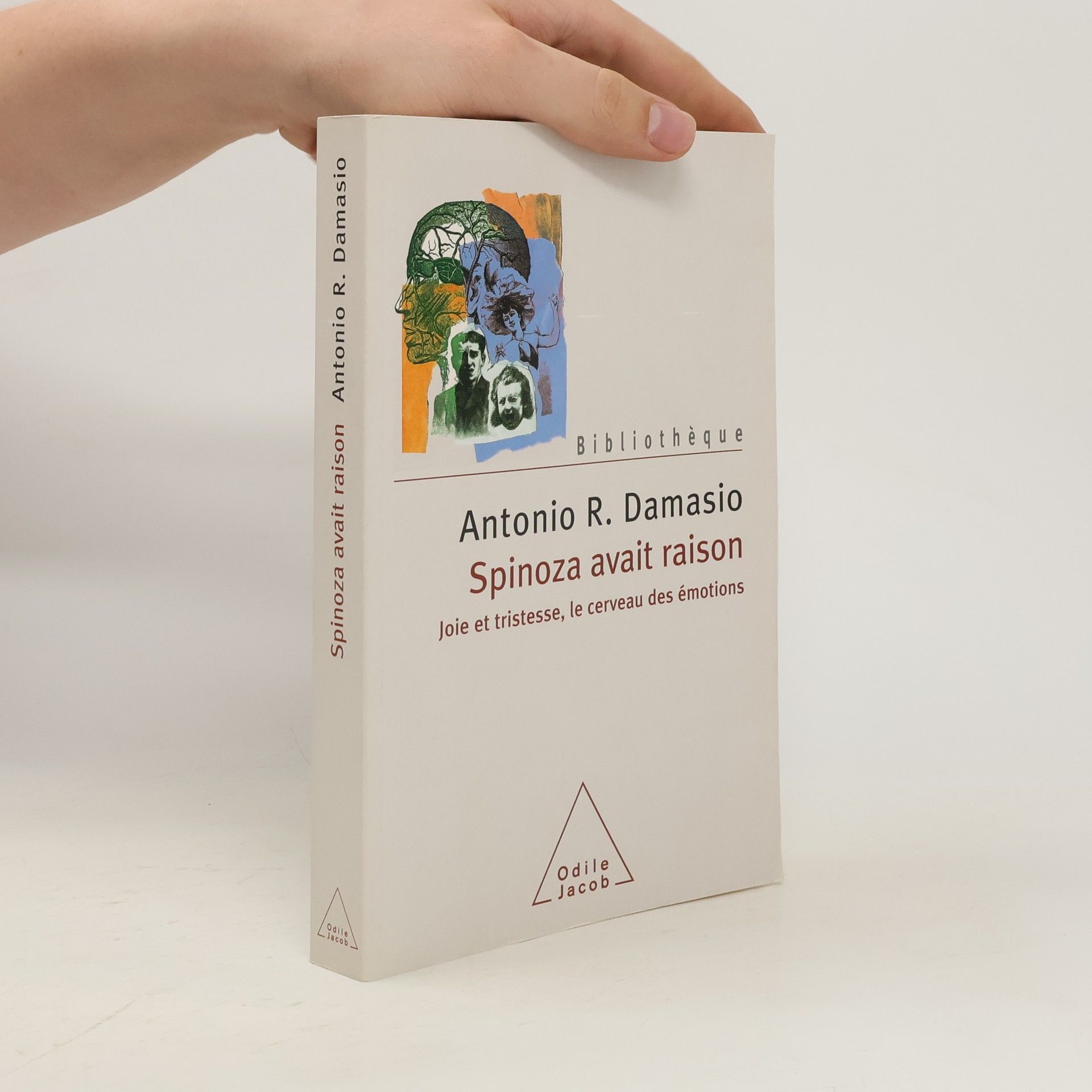
Psychologie de la connerie
- 377pages
- 14 heures de lecture
Dan Ariely, Boris Cyrulnik, Antonio Damasio, Howard Gardner, Daniel Kahneman, Edgar Morin, Tobie Nathan et bien d'autres encore parlent de la connerie humaine. Un monde sans connards est possible ! En fait, non. Désolés. Mais ça n'empêche pas d'y réfléchir. La connerie, chacun la connaît : nous la supportons tous au quotidien. C'est un fardeau. Et pourtant les psychologues, spécialistes du comportement humain, n'ont jamais essayé de la définir. Mieux la comprendre pour mieux la combattre, tel est l'objectif de ce livre, même si nous sommes vaincus d'avance. Des psys de tous les pays, mais aussi des philosophes, sociologues et écrivains, nous livrent ici leur vision de la connerie humaine. C'est une première mondiale. Et peut-être une dernière, profitez-en !
From one of the world's preeminent neuroscientists: a landmark reflection that spans the biological and social sciences, offering a new way of understanding the origins of life, feeling and culture.
Neuroscience has paid only little attention to decision-making for many years. Although no field of science has cohered around this topic, a variety of researchers in different areas of neuroscience ranging from cellular physiology to neuropsychology and computational neuroscience have been engaged in working on this issue. Thus, the time seemed to be ripe to bring these researchers together and discuss the state of the art of the neurobiology of decision-making in a broad forum. This book is a collection of contributions presented at that forum in Paris in October 1994 organized by the Fondation IPSEN.
Self Comes to Mind
- 384pages
- 14 heures de lecture
In Self Comes to Mind, he goes against the long-standing idea that consciousness is somehow separate from the body, presenting compelling new scientific evidence that consciousness - what we think of as a mind with a self - is in fact a biological process created by a living organism.
The Feeling Of What Happens
- 400pages
- 14 heures de lecture
One of the world's leading experts on the neurophysiology of emotions, Professor Antonio Damasio shows how our consciousness, our sense of being, arose out of the development of emotion. At its core, human consciousness is consciousness of the feeling, experiencing self, the 'very thought of' oneself. schovat popis
Descartes' Error
- 336pages
- 12 heures de lecture
Since Descartes famously proclaimed, "I think, therefore I am," science has often overlooked emotions as the source of a person’s true being. Even modern neuroscience has tended, until recently, to concentrate on the cognitive aspects of brain function, disregarding emotions. This attitude began to change with the publication of Descartes’ Error in 1995. Antonio Damasio—"one of the world’s leading neurologists" (The New York Times)—challenged traditional ideas about the connection between emotions and rationality. In this wondrously engaging book, Damasio takes the reader on a journey of scientific discovery through a series of case studies, demonstrating what many of us have long suspected: emotions are not a luxury, they are essential to rational thinking and to normal social behavior.
The Strange Order of Things
- 336pages
- 12 heures de lecture
“Damasio undertakes nothing less than a reconstruction of the natural history of the universe. . . . [A] brave and honest book.” —The New York Times Book Review The Strange Order of Things is a pathbreaking investigation into homeostasis, the condition that regulates human physiology within the range that makes possible not only survival but also the flourishing of life. Antonio Damasio makes clear that we descend biologically, psychologically, and even socially from a long lineage that begins with single living cells; that our minds and cultures are linked by an invisible thread to the ways and means of ancient unicellular existence and other primitive life-forms; and that inherent in our very chemistry is a powerful force, a striving toward life maintenance that governs life in all its guises, including the development of genes that help regulate and transmit life. The Strange Order of Things is a landmark reflection that spans the biological and social sciences, offering a new way of understanding the origins of life, feeling, and culture. www.antoniodamasio.com
The strange order of things : life, feeling, and the making of the cultures
- 310pages
- 11 heures de lecture
From one of our preeminent neuroscientists: a landmark reflection that spans the biological and social sciences, offering a new way of understanding the origins of life, feeling, and culture. The Strange Order of Things is a pathbreaking investigation into homeostasis, the condition of that regulates human physiology within the range that makes possible not only the survival but also the flourishing of life. Antonio Damasio makes clear that we descend biologically, psychologically, and even socially from a long lineage that begins with single living cells; that our minds and cultures are linked by an invisible thread to the ways and means of ancient unicellular life and other primitive life-forms; and that inherent in our very chemistry is a powerful force, a striving toward life maintenance that governs life in all its guises, including the development of genes that help regulate and transmit life. In The Strange Order of Things, Damasio gives us a new way of comprehending the world and our place in it. www.antoniodamasio.com
Feeling & Knowing
- 224pages
- 8 heures de lecture
From one of the world’s leading neuroscientists: a succinct, illuminating, wholly engaging investigation of how biology, neuroscience, psychology, and artificial intelligence have given us the tools to unlock the mysteries of human consciousness “One thrilling insight after another ... Damasio has succeeded brilliantly in narrowing the gap between body and mind.” —The New York Times Book Review In recent decades, many philosophers and cognitive scientists have declared the problem of consciousness unsolvable, but Antonio Damasio is convinced that recent findings across multiple scientific disciplines have given us a way to understand consciousness and its significance for human life. In the forty-eight brief chapters of Feeling & Knowing, and in writing that remains faithful to our intuitive sense of what feeling and experiencing are about, Damasio helps us understand why being conscious is not the same as sensing, why nervous systems are essential for the development of feelings, and why feeling opens the way to consciousness writ large. He combines the latest discoveries in various sciences with philosophy and discusses his original research, which has transformed our understanding of the brain and human behavior. Here is an indispensable guide to understanding how we experience the world within and around us and find our place in the universe.
